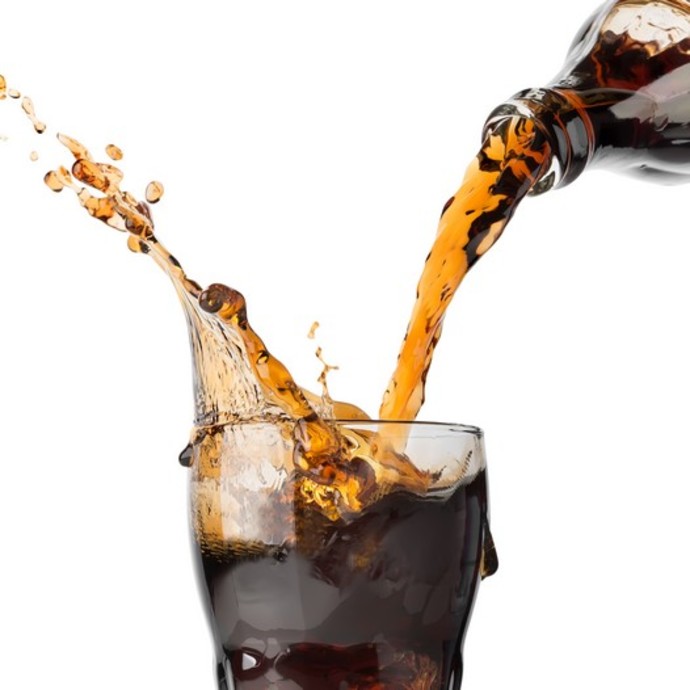Proposed taxes on sugary beverages
and disposable tableware, as well as a limit on the size of cash transactions and new fuel reporting requirements, are likely to be passed into law soon after they were listed on the government website for new legislation.
Previously, these proposed changes were included in the Economic Arrangements Law that accompanies the budget. By publishing these items on the government legislation website (tazkirim.gov.il), the Finance Ministry is signaling that these items are being removed from the Economic Arrangements Law and will be promoted separately.
The government legislation website offers a place for the public to comment on proposed laws before they are passed. Citizens can read and respond to the new proposed legislation through September 30. After that, they can be approved by the finance minister and the head of the Israel Tax Authority, along with the Knesset Finance Committee, without any further deliberations in the Knesset.
The items in question were expected to be opposed strongly in Knesset’s readings of the Economic Arrangements Law but by moving them to the legislative track, the Finance Ministry can approve these items quickly.
Among the items is a tax intended to make high-sugar drinks more expensive for consumers to encourage them to choose healthier options. Drinks with high sugar levels, including soft drinks and the grape juice that many religious Jews use for kiddush on Shabbat, will be taxed NIS 1.30 per liter. Diet soft drinks and those with less added sugar, such as flavored waters, will be taxed 70 agorot per liter.
High-sugar drinks are regarded as significant contributors to obesity and deadly medical conditions, such as diabetes and cancer, and damage to the liver, heart and kidneys. Some 40 countries have adopted similar taxes on high-sugar beverages and have succeeded in dropping consumption by 20%-50%, according to the World Health Organization.
Disposable plastic utensils, including cups, plates, bowls, cutlery and straws, would be taxed at NIS 11 per kilogram. That would approximately double the price for certain items, which the Finance Ministry projects will reduce their use by about 40%.

Israelis are known to be some of the biggest consumers of disposable plastics in the world. They throw away about 70,000 tons of plastics each year and spend some NIS 2b. on such items, according to the Environmental Protection Ministry.
A third proposed measure would limit cash payments for products and services to NIS 6,000 instead of the current NIS 15,000. The rest of the purchase would have to be paid using an alternative payment method, such as a credit card, bank transfer or check. In addition, cash gifts will be limited to NIS 15,000 instead of the current NIS 50,000.
An exception would be made for the sale of a vehicle between two private individuals, in which case up to NIS 50,000 could be paid in cash. These measures are part of the state’s fight against tax evasion, money laundering and financing of terrorism.
Finally, new requirements to combat fraud in the fuel industry would require self-employed workers to install a device on their cars to measure how much fuel is added each month to take tax deductions for gas expenses. Installing this device is expected to cost hundreds of shekels per car and may go into effect as soon as November 1.
